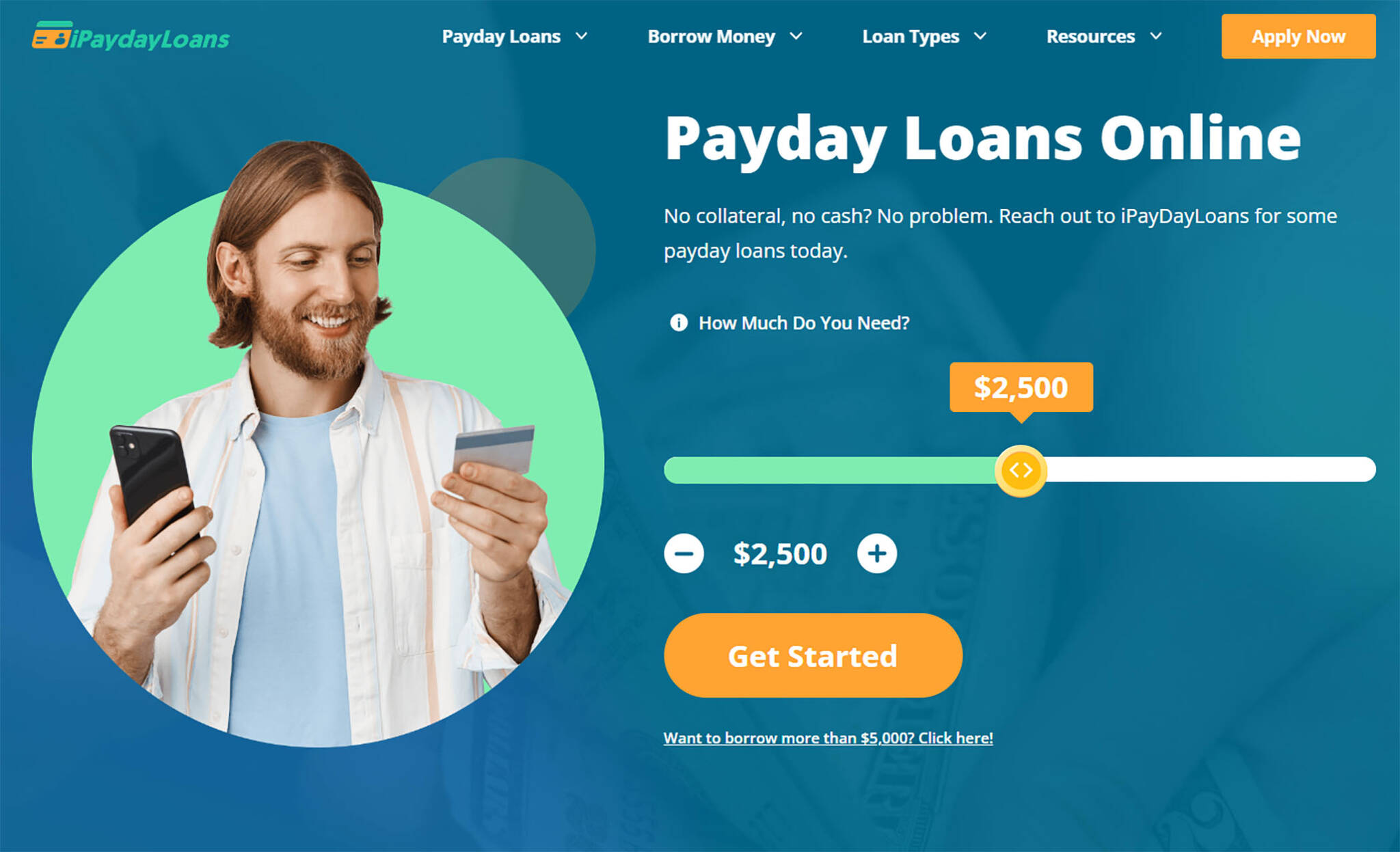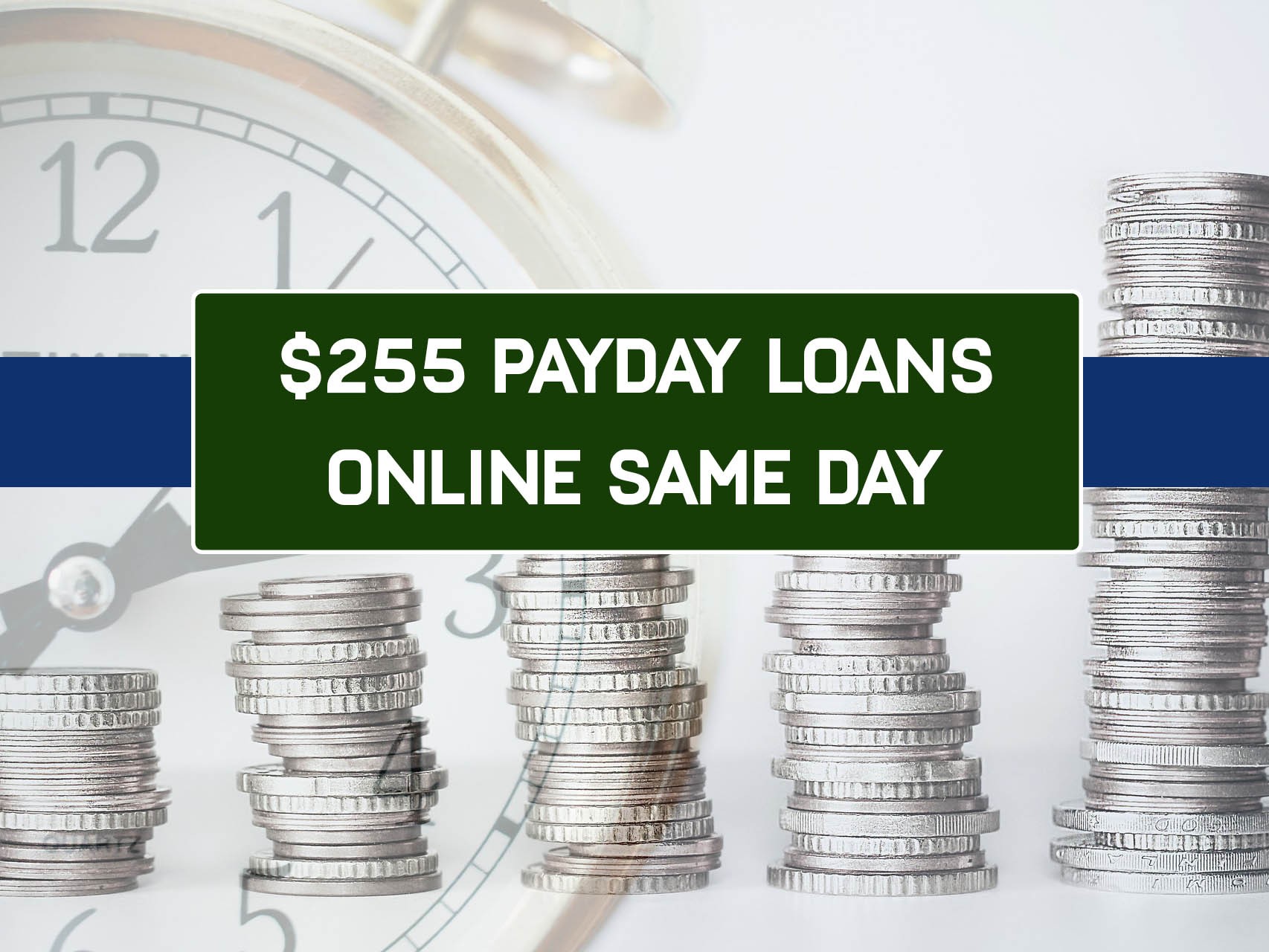Payday Loans Online Same Day $255 No Credit Check

The allure of quick cash has long been a powerful draw, particularly for individuals facing unexpected expenses or financial shortfalls. Online payday loans promising "Same Day $255 No Credit Check" are increasingly prevalent, offering immediate financial relief. But these seemingly convenient solutions come with inherent risks and complexities that demand careful consideration.
These types of loans, particularly those marketed with no credit check, have sparked both praise and criticism. This article delves into the world of these readily available loans, examining their mechanics, potential benefits, and significant drawbacks.
The Allure of Instant Funding
Payday loans, as the name suggests, are short-term, high-interest loans intended to be repaid on the borrower's next payday. The online version of these loans expands accessibility, allowing individuals to apply and potentially receive funds within the same day.
The "$255" figure is significant, particularly in states like California, where this is often the legal limit for payday loans. The promise of "No Credit Check" further enhances their appeal to those with poor or limited credit history, who may be excluded from traditional lending options.
This accessibility, however, comes at a steep price.
How They Work: A Closer Look
The process for obtaining an online payday loan typically involves completing an online application, providing personal and financial information, including bank account details. Lenders often require proof of income, such as a pay stub, to verify the borrower's ability to repay the loan.
Once approved, the funds are usually deposited directly into the borrower's bank account. The loan agreement outlines the loan amount, interest rate, fees, and repayment terms.
Repayment is typically structured as a single lump sum due on the borrower's next payday. This includes the original loan amount plus accrued interest and fees.
The Cost of Convenience: Interest Rates and Fees
The primary concern surrounding payday loans is their exorbitant interest rates and fees. These can translate to an Annual Percentage Rate (APR) of several hundred percent, far exceeding the rates charged by traditional lenders.
For example, a $255 loan with a $45 fee may seem manageable upfront. However, if the borrower is unable to repay the $300 (principal + fee) within the typical two-week timeframe, they may be forced to roll over the loan, incurring additional fees and further increasing the debt burden.
According to the Consumer Financial Protection Bureau (CFPB), many payday loan borrowers end up trapped in a cycle of debt, repeatedly borrowing to cover previous loans and accumulating substantial financial hardship.
Risks and Potential Consequences
The high cost of payday loans can have serious financial consequences for borrowers. Defaulting on a payday loan can lead to bank overdraft fees, collection calls, and damage to credit scores, making it harder to obtain credit in the future.
Furthermore, aggressive debt collection tactics employed by some lenders can be stressful and intimidating. Some lenders may even resort to legal action to recover the debt.
It is crucial to understand the full terms and conditions of the loan agreement before borrowing, including the interest rate, fees, repayment schedule, and potential penalties for late payment or default.
Alternatives to Payday Loans
Given the risks associated with payday loans, individuals facing financial challenges should explore alternative options. These may include borrowing from friends or family, seeking assistance from local charities or non-profit organizations, negotiating payment plans with creditors, or exploring personal loans or credit cards with lower interest rates.
Credit counseling agencies can provide valuable guidance and resources to help individuals manage their debt and improve their financial situation. They can also assist in developing a budget and exploring debt consolidation options.
Some employers offer employee assistance programs (EAPs) that provide financial counseling and short-term loan options to employees in need.
Regulatory Landscape
The regulation of payday loans varies by state. Some states have capped interest rates or prohibited payday lending altogether.
The CFPB has also taken steps to regulate the industry, aiming to protect consumers from predatory lending practices. These efforts include requiring lenders to assess borrowers' ability to repay the loan and limiting the number of times a loan can be rolled over.
However, the regulatory landscape remains complex, and enforcement can be challenging, particularly with online lenders operating across state lines.
The Human Cost: A Cautionary Tale
Sarah, a single mother working two part-time jobs, needed $200 to fix her car so she could get to work. Lacking other options, she turned to an online payday lender. She quickly repaid the initial loan plus fees, but a few weeks later found herself in a similar predicament.
She took out another loan, and soon found herself trapped in a cycle of debt. The fees mounted, and she struggled to make ends meet. Eventually, she lost her car and one of her jobs, making her financial situation even worse. This is just one example of the potential consequences of relying on payday loans.
Conclusion
Online payday loans offering "Same Day $255 No Credit Check" provide immediate access to cash, but their high cost and potential for debt cycles make them a risky option. While they may seem like a convenient solution in a financial emergency, borrowers should carefully consider the risks and explore alternative options before taking out a payday loan.
Responsible borrowing requires understanding the terms and conditions of the loan, exploring alternatives, and seeking financial guidance when needed. The seemingly quick fix of a payday loan can quickly turn into a long-term financial burden.
Ultimately, informed decision-making is crucial to protect oneself from the potential pitfalls of these readily available, but often dangerous, financial products.


















